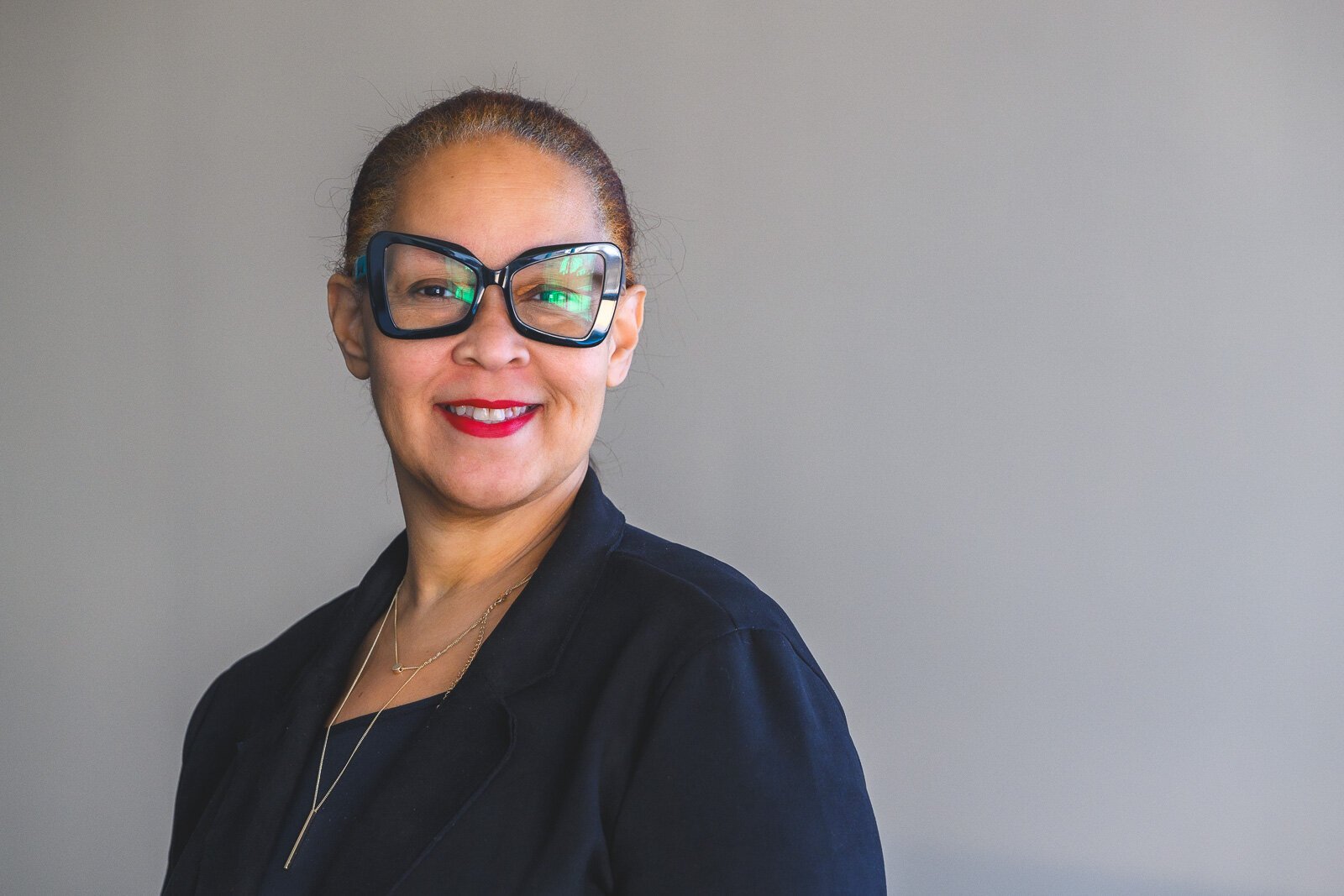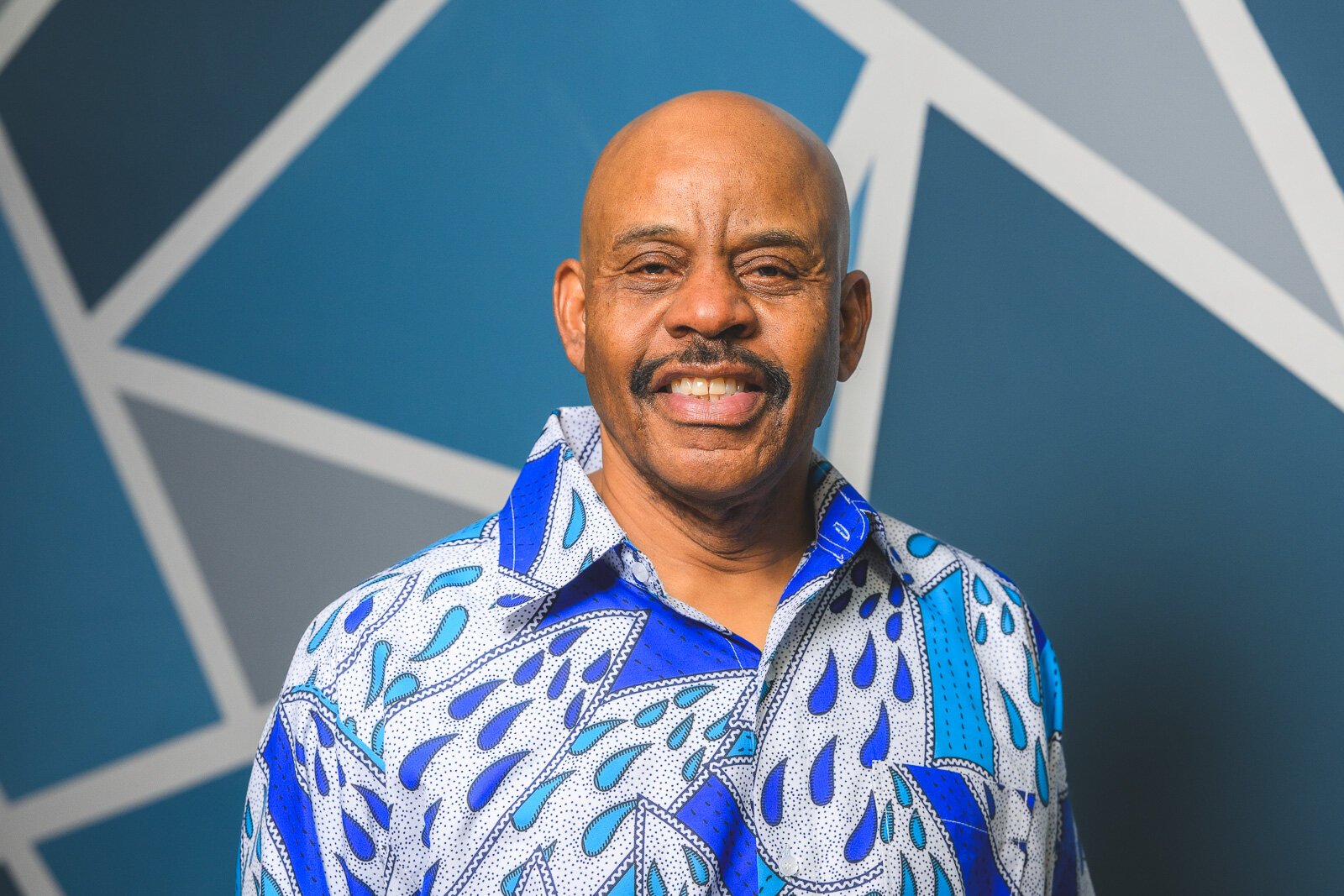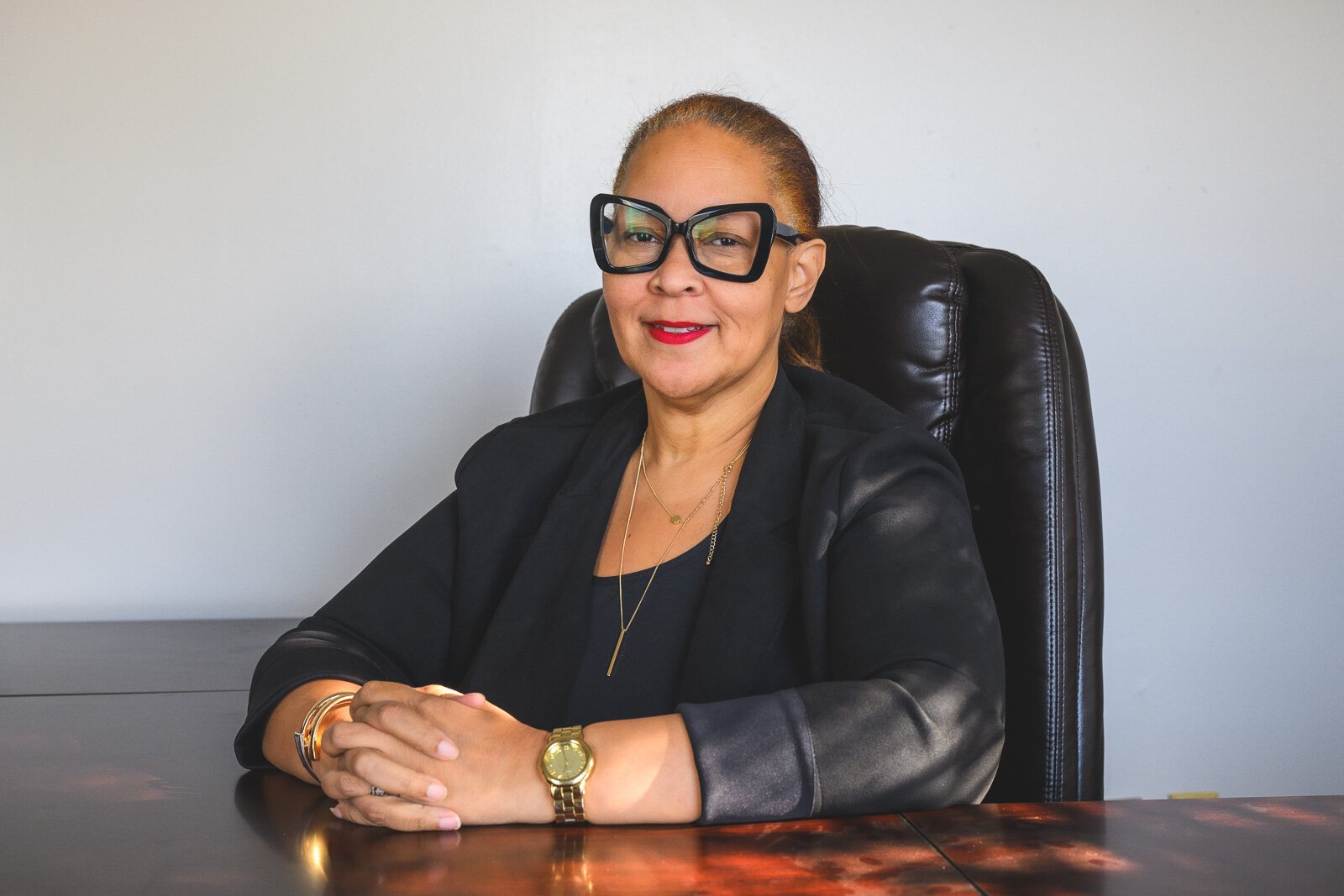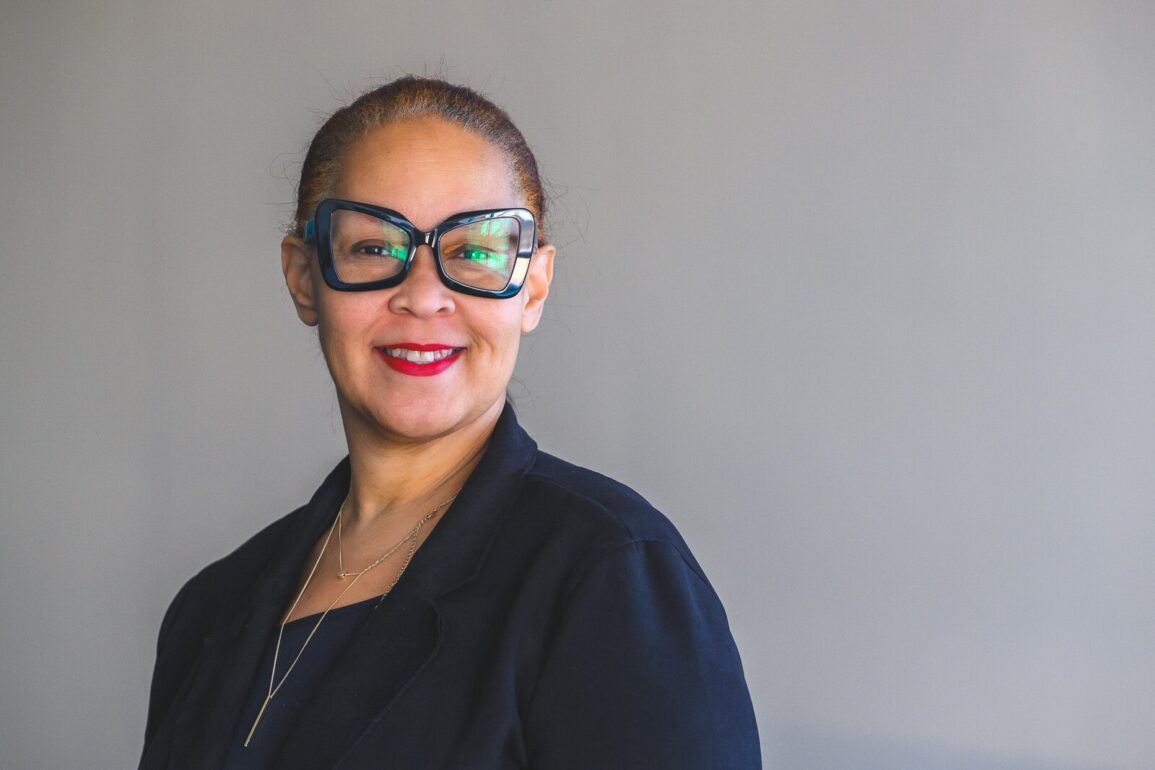A new program in Ypsilanti Township is offering free mental health services like tailored individual and family therapy, community healing spaces, mindfulness practices, and conflict resolution to Black males aged 10-25 and their families.
The Ypsi Township-based Community Family Life Center (CFLC), in partnership with the founders of Washtenaw County Community Mental Health’s Black Lives Matter Task Force, launched the program, which is called Interventions for African American Males, or “I-AAM”.
“We saw a huge need where the therapeutic organizations we have in our community didn’t want to work with this population,” says Leah Mills-Chapman, the program’s founder and clinical director. “We can’t afford for them to be left behind, but we know connecting with them can be a challenge because they’ve been left behind before.”
Mills-Chapman explains that the initial idea for I-AAM came from her work with the Black Lives Matter Task Force and seeing gun violence in predominantly Black neighborhoods in Ypsilanti Township.
“I don’t want to see young black men dying,” she says. “They should have the opportunity to live, thrive, and be productive members of society.”
 Doug CoombeI-AAM founder and clinical director Leah Mills-Chapman.
Doug CoombeI-AAM founder and clinical director Leah Mills-Chapman.
Mills-Chapman says the program’s goal is to allow young Black men and their families throughout the city and township of Ypsilanti to heal from trauma, and to reduce the stigma around receiving mental health services like therapy.
“The reason the program is called I-AAM is because these youth and young men need to be seen and recognized,” Mills-Chapman says. “I-AAM is focused on the people, because that focus can change how a person sees themselves.”
Working alongside Washtenaw County Youth and Family Services Clinical Therapist Judith Thurman and Case Manager Nicole Womack, Mills-Chapman hopes that I-AAM can encourage more pro-social behaviors in Ypsi’s young Black men and boys. Because the program’s team of clinicians are also Black, Mills-Chapman believes that the program will ultimately feel more accessible to the target population, and lead to more positive outcomes for those receiving treatment and their community.
“We want to make sure accessibility to everything that’s necessary is there for our clients and our family systems,” Mills-Chapman says. “If each family can heal, then the entire community can heal.”
I-AAM is one of many programs CFLC offers to the Ypsilanti community, including mentorship programs, educational support, and other behavioral health-related programming. CFLC Executive Director Pastor Willie Powell says that his dream for the center was always to create “a holistic space where we serve the whole person.” He says I-AAM is another means to “help meet the social, educational, physical, and mental needs of our community.”


 Doug CoombeCFLC Executive Director Pastor Willie Powell.
Doug CoombeCFLC Executive Director Pastor Willie Powell.
“The mission of CFLC has always been about meeting the needs of the underserved community in the 48197 and 48198 zip codes,” Powell says. “This program is about reaching the underserved African-American males with the mental health support that they desperately need.”
“We knew we had to center on who was the most vulnerable,” Mills-Chapman adds. “We saw this great need for our Black children, and if we could help our young Black men then we can help the entire family system, and that can spiral out to helping the community at large.”
The I-AAM team saw their first clients in early September. Many individuals and families have been referred to the program by various community partners, including representatives of the criminal justice system and mentoring organizations throughout the county. Michael Henry, planning committee member of Washtenaw My Brother’s Keeper (WMBK), says that when WMBK members first began speaking with Mills-Chapman about the program, they were immediately interested in connecting youth and families to I-AAM to begin the process of healing.
“Many of the academic, behavioral, legal, and life challenges our youth face are the result of underinvestment in the community, traumatic experiences throughout their lives, and negative stigmas associated with seeking mental health therapy,” Henry says. “Leah’s history of advocating and addressing these challenges with her clients motivated our team to funnel some of our most challenging cases to the I-AAM program immediately.”
Since I-AAM started accepting clients, Mills-Chapman says “the positive feedback has come from everywhere,” from families receiving services to the program’s various community partners. Henry echoes that sentiment.


 Doug CoombeI-AAM founder and clinical director Leah Mills-Chapman.
Doug CoombeI-AAM founder and clinical director Leah Mills-Chapman.
“The responses from the individuals and families I have referred to the program have been positive, grateful, and hopeful,” he says. “My sense is that these families have been looking for this kind of intervention for a long, long time.”
Mills-Chapman hopes community members will continue to seek out the program, and that its continued success could mean further expansion later on. Mills-Chapman envisions adding a mindfulness expert to I-AAM’s team of clinicians, and implementing the program at the Washtenaw County Jail.
“It makes my heart feel happy and glad that the community feels safe just by hearing that this program exists,” Mills-Chapman says. “People are excited within the entire community, from the professionals that engage with this population all the way down.”
More details about the I-AAM program can be found on the CFLC website. To learn more about I-AAM’s services, contact Mills-Chapman at lmills@cflcypsi.org.
Rylee Barnsdale is a Michigan native and longtime Washtenaw County resident. She wants to use her journalistic experience from her time at Eastern Michigan University writing for the Eastern Echo to tell the stories of Washtenaw County residents that need to be heard.
All photos by Doug Coombe.



